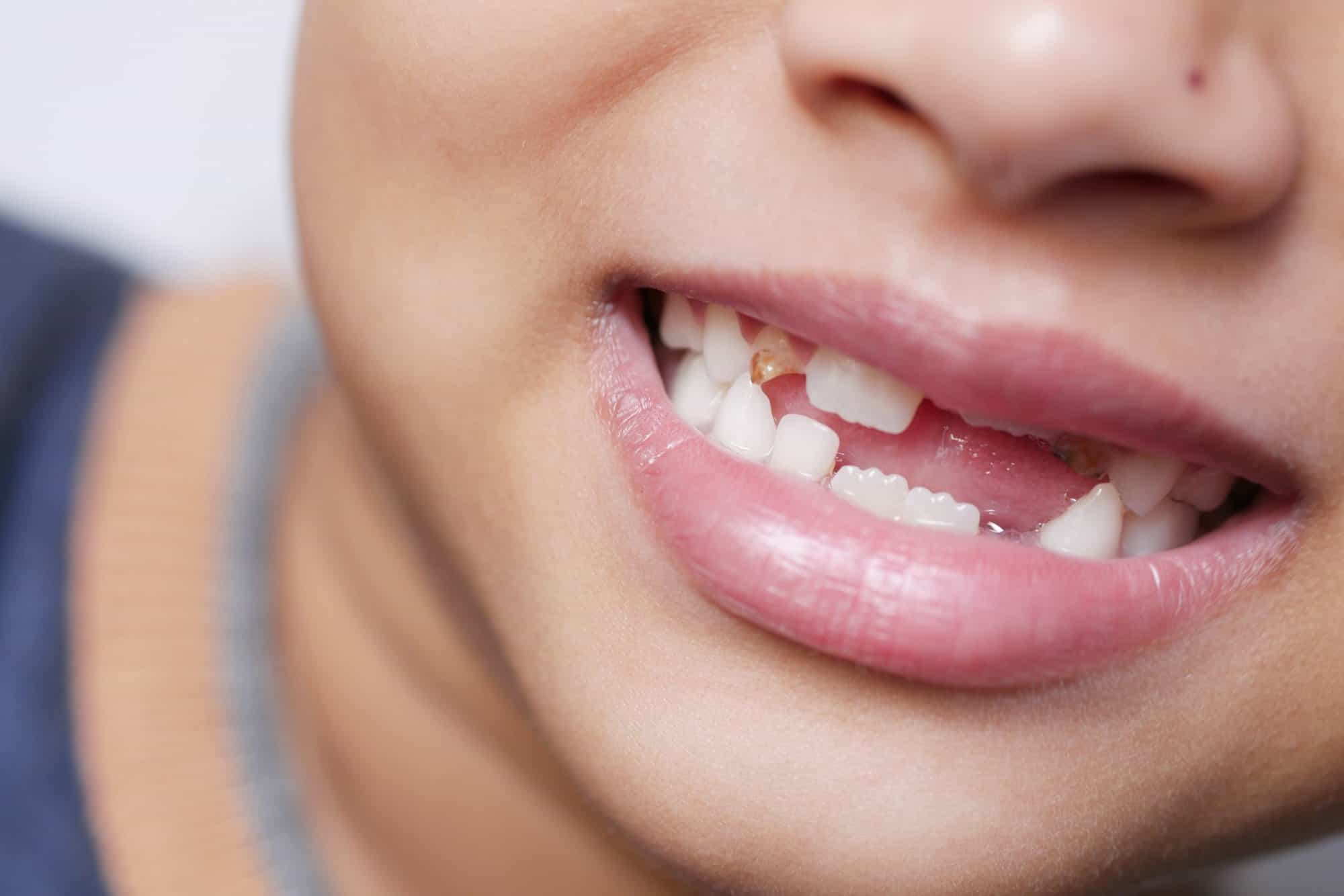
Do You Need To Replace Missing Teeth?
Whether you have been missing teeth for several years or just lost your first one, you may wonder if you need to replace your missing teeth. If you are missing a tooth or several teeth, it is not just an aesthetic issue; it also can create long term oral health problems.
Many people are missing at least one tooth, known as partial edentulism, and missing all of your teeth is known as edentulous. Most of the time, teeth fall out due to tooth decay, gum disease, or trauma.
This article will discuss why you need to replace your missing teeth and some of the best options for replacing your missing teeth.
Reasons To Replace Missing Teeth
1. Bone Loss Prevention
Once a tooth is lost, the jawbone is no longer getting stimulation from chewing, which will result in the body absorbing the bone tissue from the jawbone and using it in other locations. Eventually, the bone loss may cause the shape of your face to change significantly. If you want to prevent this, replacing your missing teeth with dental implants is best; dental implants are the only restoration method that can prevent bone loss.
2. Maintaining An Even Bite
To have an even bite, the whole upper and lower jaw must be full of teeth. When teeth are missing and there is a gap, eventually, the teeth will shift to try and fill the void, affecting the way the lower and upper arch meet. If you have an uneven bite, it can cause various issues that affect the jaw and teeth.
3. Preventing Overgrowth of Teeth
When you have gaps left by missing teeth, it can lead to the teeth next to them shifting in an attempt to fill the void. Should you have a tooth missing on the bottom, the tooth directly above it may grow longer due to the gap.
4. Retaining Function
The primary function of your teeth is to grind and bite. When teeth are missing, it affects your ability to chew correctly. Your teeth also affect your speech, and missing teeth affect how the air flows during speech and can lead to speech impairment.
5. Improving Your Smile
When you replace your missing teeth, it will improve the visual aesthetics of your smile. It has been proven that having a pleasant smile that you feel good about has social, emotional, and professional benefits.
Best Options For Replacing Missing Teeth
You may feel self-conscious when you lose one or more teeth, affecting your ability to speak and eat. There are various options for replacing missing teeth, including various types of dentures and implants.
Option #1. Dental Implants
Dental implants integrate with your natural bone and are an ideal tooth replacement option. Implants are made from titanium, a biocompatible material utilized in various kinds of prosthetics, and once the implant is secure and fully healed, a prosthetic tooth is attached. Dental implants are a great option if you miss one or more of your teeth due to injury, periodontal disease, or other dental health issues.
Benefits of dental implants include:
- Having a 95% success rate
- More durable and permanent
- They are more comfortable and natural than other options
- They are aesthetically appealing
- Minimal maintenance is required
- They are the best tooth replacement option that prevents jawbone loss
- They are cost-effective and have a long life span
- There is no modification needed for the addition of adjacent teeth
- They can usually be done in one day is it
Option #2. Bridges and Implant Crowns
Historically the only missing teeth solutions were dental bridges or removable dentures. Popular alternatives to standard solutions include implant bridges and crowns and implant-supported restorations.
An implant crown is an excellent solution to replacing one missing tooth, and implant-supported bridges are a great choice to replace a span of several missing teeth ranging from 3 to 12. The number of implants and the length of the implant-supported bridge will depend on the number of teeth you are missing. Should you have no teeth, the dentist may perform a full mouth reconstruction and use implant-supported dentures or dental implant bridges.
Advantages of getting implant bridges and crowns include:
- No grinding of your healthy teeth is necessary
- They allow you to eat and function like natural teeth
- They are aesthetically pleasing
- The feel and look natural
- They make speaking and smiling easier
- You floss and usually brush, and they are low maintenance
- They are long-lasting
The biggest downside to implanting crowns and bridges is the number of required dental visits, which will depend on the health of your teeth.
Option #3. Implant-Supported Dentures
Implant-supported dentures are over-dentures attached to and supported by implants that give better support. The ideal patient for these types of dentures is in good enough health to undergo the implant procedure and require multiple teeth replacement.
There are two types of implant dentures.
- Implant and abutment-supported removable dentures are a good option for patients who are missing multiple teeth and wish to limit the number of implant installations. The removable dentures will help cover the remaining missing teeth and look like you have a complete set of teeth; however, you need to remove them before bed and clean them daily.
- Implant and abutment-supported fixed dentures, also known as hybrid fixed dentures, are permanently attached to the implants and remain in the mouth.
Option #4. Partial Dentures
Removable partial dentures allow you to replace your missing teeth quickly and keep your remaining teeth. Your dentist will make a custom-made base mold of your mouth to create the denture to fit into the space of the missing teeth.
Benefits of partial dentures include:
- Being cost-effective
- Filling gaps between your teeth and restoring your smile
- Being quick and non-invasive
- Improving your ability to eat and speak
Disadvantages of partial dentures include:
- Sometimes lack of function and aesthetic appeal
- Being slightly obtrusive
- Sometimes needing multiple adjustments to find the right fit
- It May require adhesive creams for a good fit
- Needing to be replaced or relined more often
- Being easy to misplace
- Getting broken if dropped
- Loss of sense of taste due to a covered palate
Option #5. Complete Dentures
For patients needing replacement of multiple missing teeth who want to avoid implants, complete dentures are ideal and cover your entire row of missing teeth.
Advantages of complete dentures include:
- Improving appearance and self-confidence
- Adequate lip and cheek muscle support, restoring facial dimensions and creating a more youthful appearance
- depending on the health and volume of your jaw bone, it may improve eating and speech
- Fast and cost-effective
- Available in various shapes, colors, and sizes, natural appearance
- It can be adjusted to accommodate the changing shape of your jawbone
Disadvantages of complete dentures include:
- Can become ill-fitting due to structural jaw bone changes
- They need to be removed to clean and kept out overnight
- Often require several adjustments to get them comfortable
- Require adhesives to keep them in
- It can break if dropped
Working with a dentist experienced in restorative and comprehensive dental services is essential to ensure your oral health and create the smile of your dreams.
Want To Improve Your Oral Health And Smile?
Carrie Muzny DDS and Associates offer high-quality, comprehensive family dental care, cosmetic and restorative services such as whitening and veneers, surgical services, and more for adults and children in The Woodlands, Texas. If you are ready to learn more about how we can restore your smile and improve your overall oral health, contact us today!

